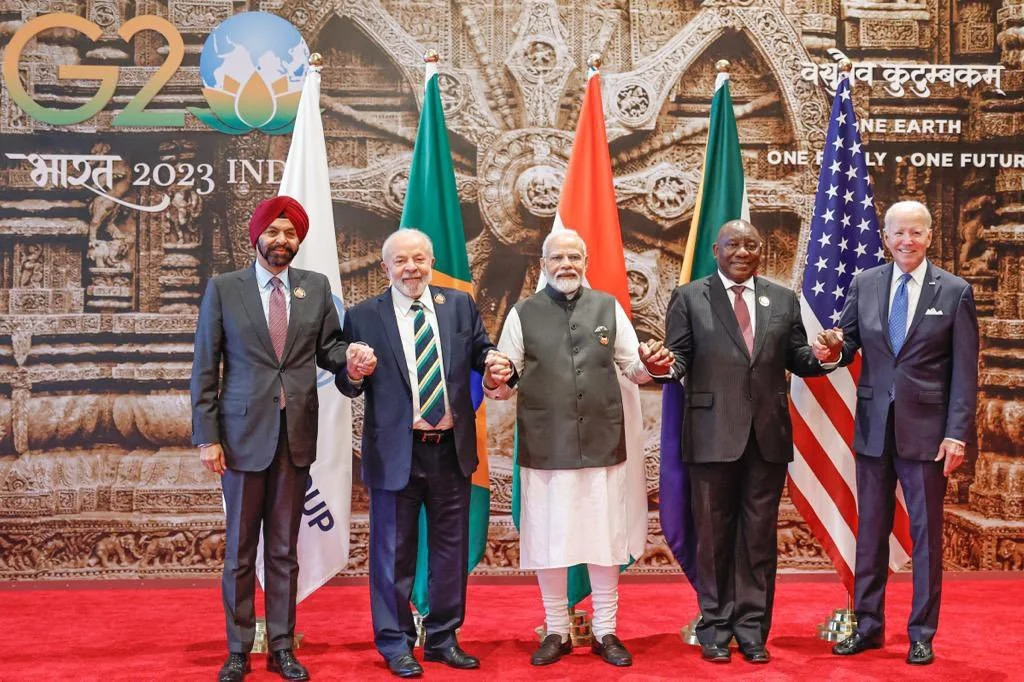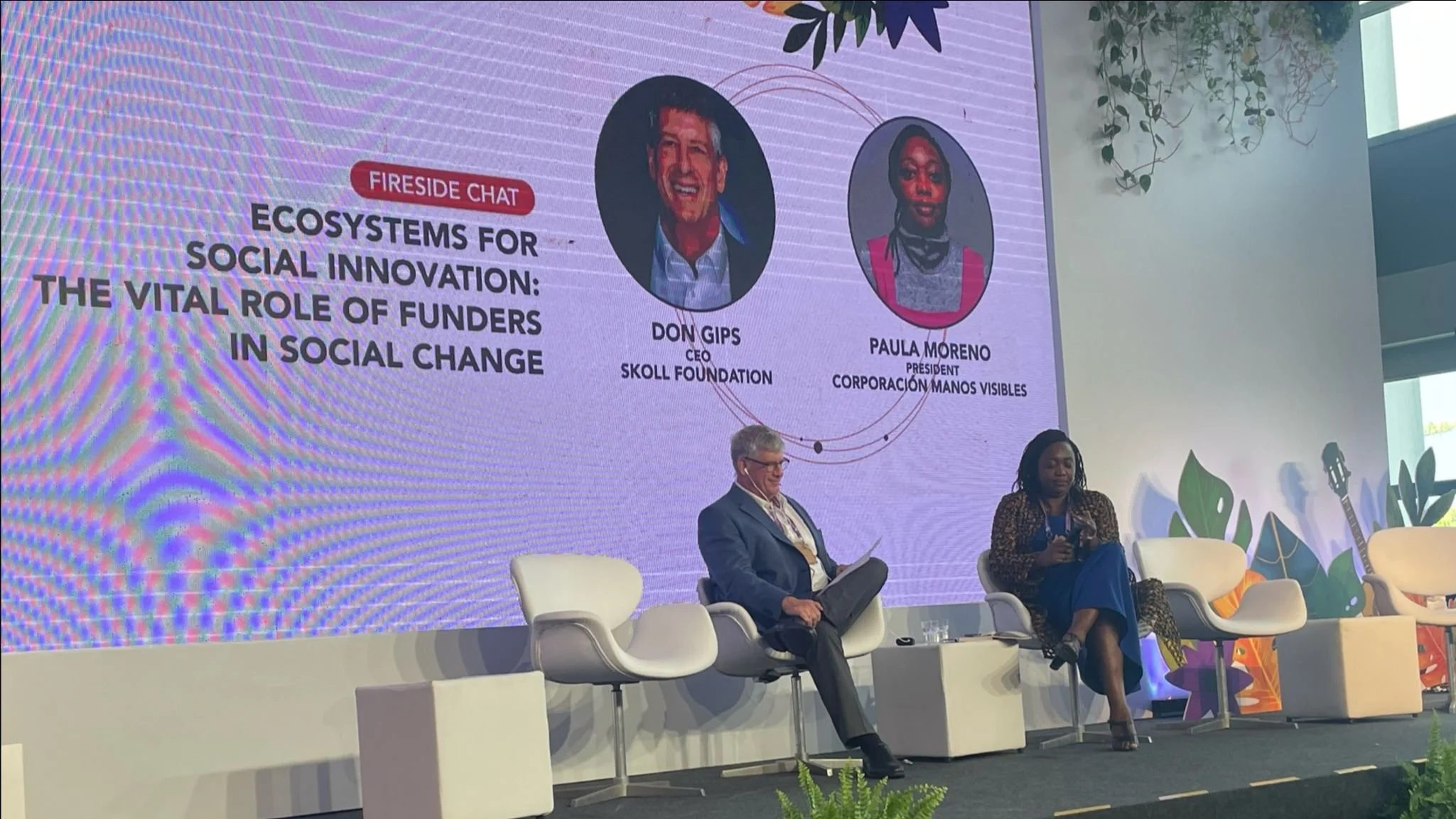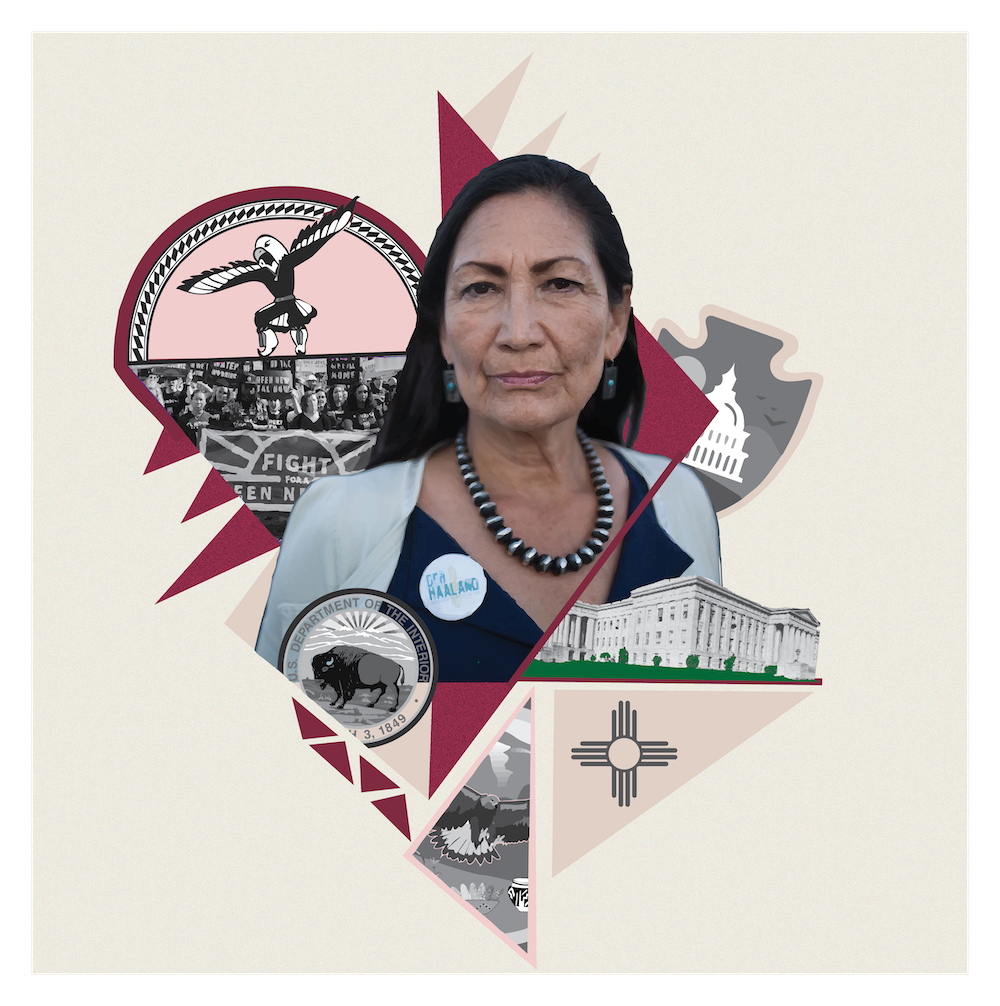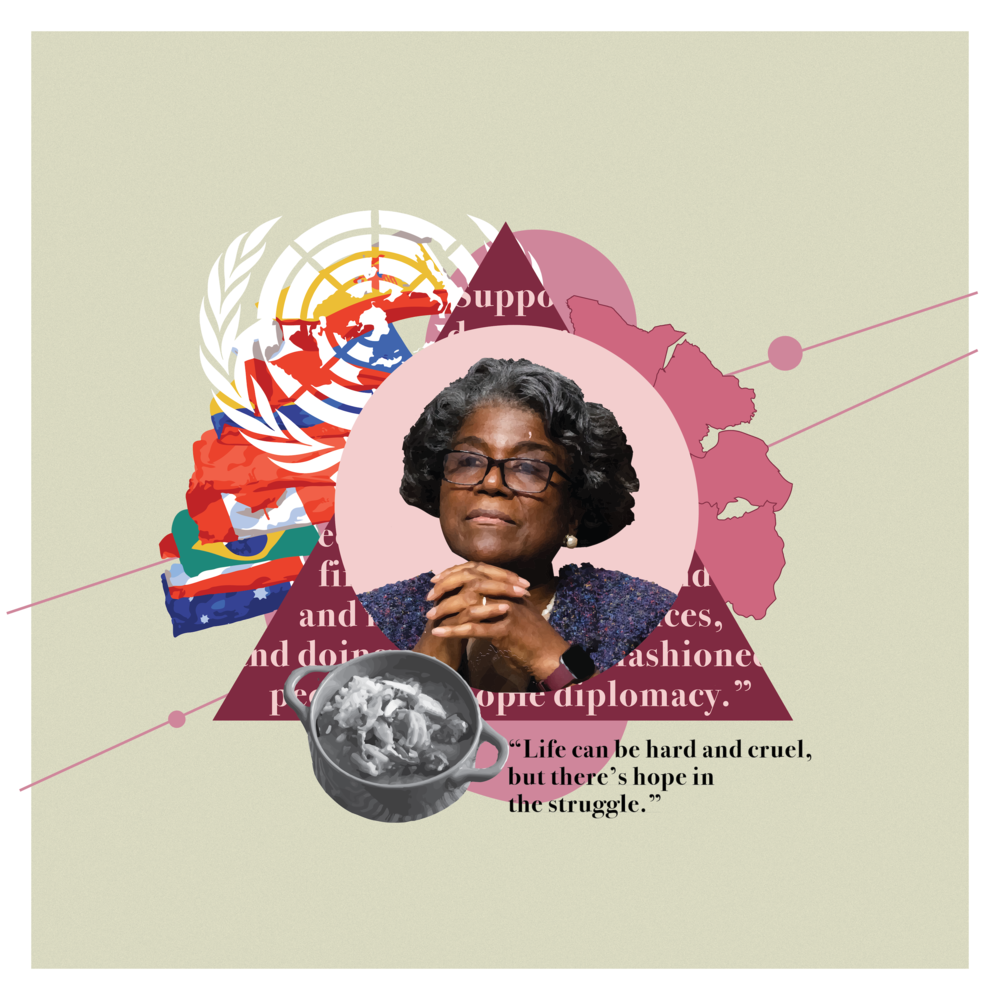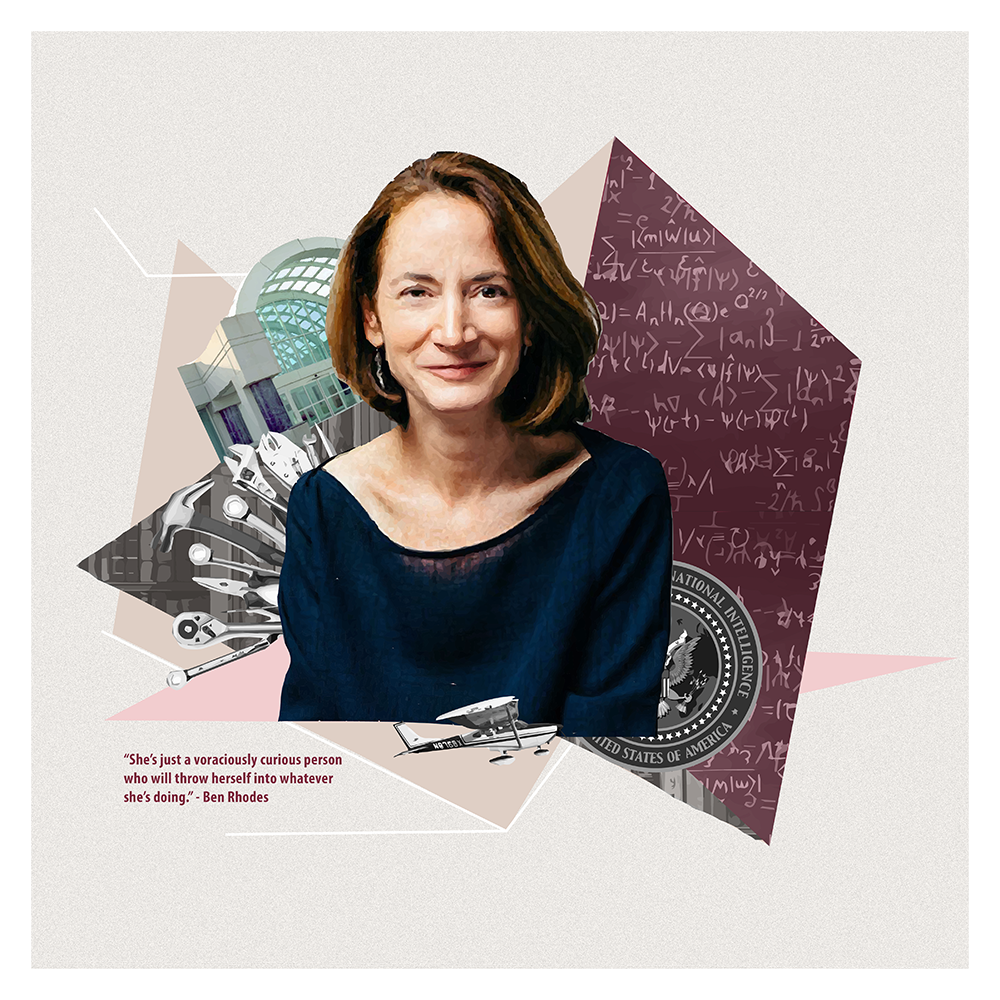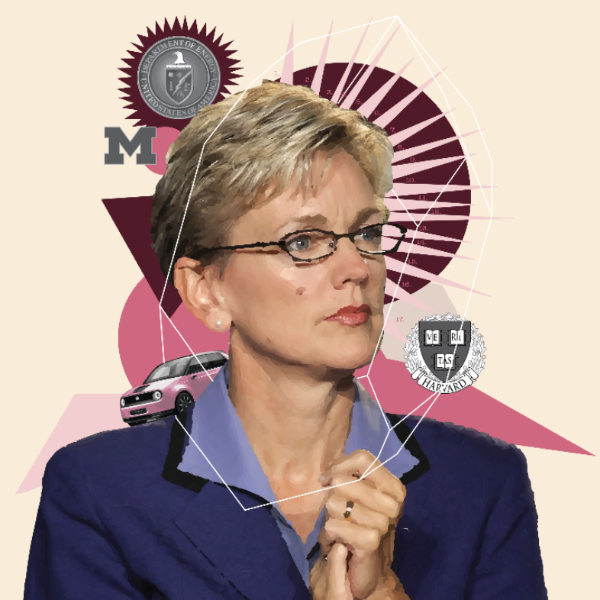Dear Readers,
As a board member of the Skoll Foundation and Participant Media, I’ve witnessed the many ways that Jeff Skoll’s philosophy of “invest in good people doing good work” has created an ecosystem of social change. The Skoll Foundation's commitment to identifying and investing in the social entrepreneurs and innovators who are doing good work around the world to end pandemics, to increase access to quality health care, to create models for greater economic inclusiveness, to strengthen democracies, and to address the climate crisis, is vital and consequential.
The foundation is small by comparison to some of the larger foundations like Ford, Rockefeller, and MacArthur, but the Skoll Foundation, in my opinion, has an outsized impact. This became even more abundantly clear to me during a recent learning journey I took to Brazil with CEO Don Gips and his very skilled and strategic global executive team.
Brazil is the fourth largest country in the world. Its size, great diversity of population and natural resources give it an outsized impact on the community of democratic nations. We went there to meet with frontline climate leaders and government ministers to learn more about the policies and programs that have the potential to make Brazil a global leader in solving the climate crisis.
With the return of President Lula, there is renewed hope that Brazil will put policies in place that protect the Amazon, that respect the rights and land and wisdom of Brazil’s Indigenous peoples, and that create sustainable and regenerative programs that work across the economic sectors. As the host country of both the G20 summit next year and Cop30 in 2025, the solutions that Brazil brings forward for sustaining biodiversity and implementing restorative agriculture and biotech solutions to the climate crisis will be front and center on the global stage.
President Lula with (l-r) the presidents of the World Bank, India, South Africa, and the United States at the 2023 G20 Summit in India. (Credit: Twitter)
The country also has great wealth and many families with the capacity to give and invest in this work, and there is a movement to elevate philanthropic giving as well as impact investing. We participated in several forums with the leaders of these important movements to discuss ways to unlock more funding. As is the case in many countries, only a small percentage of individual and family wealth goes to support the work of the nonprofits and social enterprises that are leading for the necessary changes.
A working paper from Alliance magazine, WINGS, and the Philanthropy Network for Social Justice found that donations by individuals in Brazil amounted to the equivalent of 0.23% of GDP in 2015. The comparable figure for the US is 1.44%.
More funds are necessary for more impact and the Latimpacto Forum, along with its ‘sister’ organizations, the Asian Philanthropic Impact Forum, African and European Forums, are important platforms to encourage more funding from individuals, families, corporations and government. In Rio, our delegation participated in the Latimpacto Forum, where more than 500 innovators, social entrepreneurs, government ministers and representatives from philanthropic organizations came together to learn about each other’s good work, to explore opportunities for new collaborations, and to identify ways to amplify the impact of their work in every sector of the ecosystem of social justice and sustainability.
With President Lula's return to leadership, there is optimism about the Brazilian government’s role in supporting frontline NGOs — particularly in climate-related work. Lula appointed the powerful and inspiring leader, Marina Silva, as his minister of environment and climate change. She is a tireless advocate for protecting the Amazon and listening and responding to the needs of the Indigenous communities that have lived there for thousands of years.
(Top) The Skoll Foundation delegation meets with Minister of Environment Marina Silva and her team. (Bottom) Panelists at the Latimpacto Forum featuring Skoll Foundation CEO Don Gips (left) with Colombian leader Paula Moreno.
Ambassador Bagley with the Brazilian Secretary-General of Foreign Affairs, Ambassador Maria Laura da Rocha. (Credit: Twitter)
Brazil has another influential leader at this very critical time — the US Ambassador Elizabeth Bagley. Having previously served under President Clinton as ambassador to Portugal, Ambassador Bagley is an experienced diplomat with a commitment to working with Brazil’s leaders for consequential outcomes. Spending time with Ambassador Bagley, a long-time personal friend, our delegation left Brazil more optimistic about a strong US-Brazil relationship; one that can build bridges between the global North and South, initiating a new era of trust and collaboration that will be necessary for all the promise and optimism we felt during our brief visit to be fully realized.
I will be continuing my learning journey about Brazil and its leaders with meetings scheduled during UNGA Climate Week with the minister for women and the minister for Indigenous peoples. These women, along with Minister Silva, are the kind of passionate advocates for positive change and collaborative actions that are going to be, as Ambassador Bagley described, “consequential.”
That’s the way I’m thinking about my decisions and actions now. There can’t be anything more consequential or motivating for each of us than knowing that what we do or don’t do will determine whether we have a healthy environment. We all have the potential for impact, perhaps not as outsized as Jeff Skoll’s or the Skoll Foundation's, but in our choices — particularly in the way we vote, invest, and donate — what we do or don’t do IS consequential.
Onward!
- Pat
